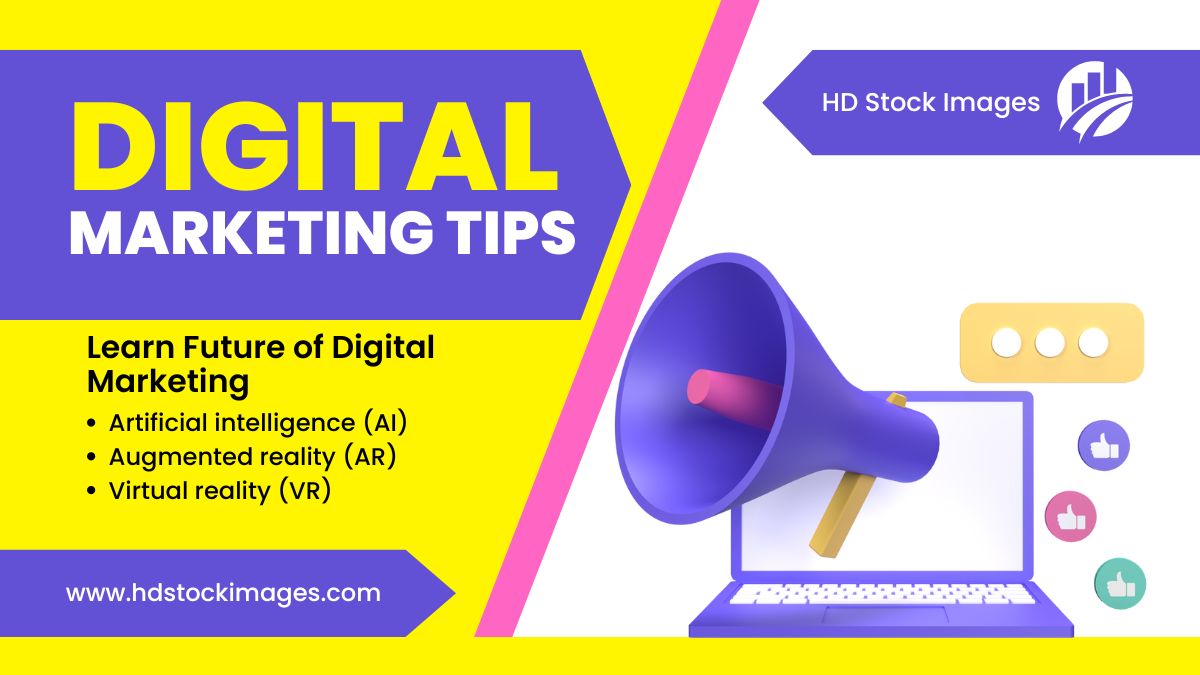The digital age has irrevocably transformed the way businesses interact with consumers. Digital marketing, a multifaceted discipline that leverages online channels to reach and engage audiences, has become an indispensable tool for driving growth and achieving business objectives.
Understanding the Digital Ecosystem
At its core, digital marketing encompasses a wide range of strategies aimed at promoting products or services online. Search engine optimization (SEO), pay-per-click (PPC) advertising, content marketing, social media marketing, email marketing, and mobile marketing are key components of this dynamic field.
- SEO focuses on improving a website's visibility in search engine results. By optimizing website content, structure, and technical elements, businesses can attract organic traffic and enhance their online authority.
- PPC advertising offers a more immediate approach, allowing businesses to bid on specific keywords and display ads to potential customers.
- Content marketing involves creating and distributing valuable, relevant, and consistent content to attract and retain a clearly defined audience. Whether it's blog posts, articles, videos, or infographics, high-quality content can position a business as a thought leader in its industry.
- Social media marketing leverages platforms like Facebook, Instagram, Twitter, LinkedIn, and TikTok to connect with the target audience, build relationships, and drive engagement. By sharing compelling content, interacting with followers, and running targeted advertising campaigns, businesses can harness the power of social media to achieve their marketing goals.
- Email marketing remains a potent tool for nurturing leads and driving conversions. By building and maintaining an email list, businesses can deliver personalized messages, promote products or services, and foster customer loyalty. Effective email marketing campaigns require careful segmentation, compelling content, and a strong call to action.
The Power of Data-Driven Decision Making
Data is the lifeblood of successful digital marketing campaigns. By collecting, analyzing, and interpreting data, businesses can gain valuable insights into customer behavior, campaign performance, and overall marketing effectiveness. This data-driven approach enables informed decision-making, optimization of marketing efforts, and measurement of return on investment (ROI).Tools like Google Analytics, social media analytics platforms, and customer relationship management (CRM) systems provide businesses with the necessary data to track key metrics and identify trends. By understanding their audience, businesses can tailor their marketing messages and channels to resonate with their target market.
The Role of Digital Marketing Agencies
Given the increasing complexity of the digital landscape, many businesses turn to digital marketing agencies for expertise and support. These agencies offer a range of services, including strategy development, campaign execution, and performance optimization. By partnering with a reputable agency, businesses can leverage the skills and experience of marketing professionals to achieve their goals.
Icoda, a prominent digital marketing agency, specializes in helping businesses navigate the complexities of the digital world. With a team of experienced marketers, Icoda.io offers a comprehensive suite of services, including SEO, PPC, content marketing, social media marketing, email marketing, and web design and development. By collaborating with Icoda.io, businesses can gain a competitive edge and achieve their digital marketing objectives.
The Impact of Crypto and Blockchain
The emergence of cryptocurrencies and blockchain technology has disrupted various industries, and digital marketing is no exception. The integration of cryptocurrencies into marketing strategies has opened up new possibilities for businesses. For example, crypto marketing agencies are now helping brands leverage blockchain technology for secure and transparent customer interactions.By understanding the potential of crypto and blockchain, businesses can explore innovative marketing approaches, such as tokenized rewards programs, decentralized marketing platforms, and blockchain-based data analytics.
The Future of Digital Marketing
The digital marketing landscape is constantly evolving, driven by technological advancements, changing consumer behavior, and emerging trends. Artificial intelligence (AI), augmented reality (AR), and virtual reality (VR) are poised to revolutionize the way businesses interact with customers. Additionally, as privacy regulations become more stringent, businesses must adapt their marketing strategies to comply with data protection laws.Staying ahead of the curve requires continuous learning, experimentation, and adaptation. By embracing new technologies and trends, businesses can unlock new opportunities and maintain a competitive advantage.
Conclusion
Digital marketing is a dynamic and essential component of modern business strategy. By understanding the digital ecosystem, leveraging data analytics, and staying informed about industry trends, businesses can effectively reach their target audience, build brand loyalty, and drive growth.As the digital landscape continues to evolve, partnering with a
crypto marketing agency like Icoda can provide businesses with the necessary expertise to thrive in this competitive environment. By combining traditional marketing principles with cutting-edge technologies, businesses can unlock the full potential of digital marketing and achieve their desired outcomes.
FAQ: Understanding Digital Marketing
Q1: What is digital marketing?
A1: Digital marketing is a multifaceted discipline that uses online channels to promote products or services, engage with audiences, and achieve business objectives. It includes strategies like SEO, PPC advertising, content marketing, social media marketing, email marketing, and mobile marketing.Q2: What is SEO, and why is it important?
A2: SEO, or Search Engine Optimization, focuses on improving a website's visibility in search engine results. By optimizing content, structure, and technical elements, businesses can attract organic traffic and enhance their online authority.Q3: How does PPC advertising work?
A3: PPC (Pay-Per-Click) advertising allows businesses to bid on specific keywords and display ads to potential customers. Businesses only pay when someone clicks on their ad, making it a cost-effective way to gain immediate visibility.Q4: What is content marketing, and how does it benefit businesses?
A4: Content marketing involves creating and distributing valuable, relevant, and consistent content to attract and retain a target audience. High-quality content, such as blog posts, videos, and infographics, can establish a business as a thought leader and drive customer engagement.Q5: How can social media marketing help my business?
A5: Social media marketing leverages platforms like Facebook, Instagram, Twitter, LinkedIn, and TikTok to connect with your target audience, build relationships, and drive engagement. Through compelling content and targeted campaigns, businesses can achieve various marketing goals.Q6: Why is email marketing still relevant?
A6: Email marketing remains a powerful tool for nurturing leads and driving conversions. By delivering personalized messages and promoting products or services, businesses can foster customer loyalty and maintain ongoing communication with their audience.Q7: What role does data play in digital marketing?
A7: Data is crucial for successful digital marketing. By collecting and analyzing data from tools like Google Analytics and social media platforms, businesses can gain insights into customer behavior, optimize marketing efforts, and measure ROI.Q8: How can a digital marketing agency help my business?
A8: A digital marketing agency offers expertise in strategy development, campaign execution, and performance optimization. Partnering with a reputable agency, like Icoda, can provide businesses with the skills and experience needed to achieve their digital marketing goals.Q9: What impact do cryptocurrencies and blockchain have on digital marketing?
A9: Cryptocurrencies and blockchain technology are disrupting digital marketing by enabling secure and transparent customer interactions. Innovative approaches, like tokenized rewards programs and blockchain-based analytics, are opening new marketing possibilities.Q10: What trends should businesses watch for in the future of digital marketing?
A10: The digital marketing landscape is evolving with advancements in AI, AR, VR, and stricter privacy regulations. Staying informed and adapting to these trends is essential for businesses to maintain a competitive edge and explore new opportunities.
 admin
admin








